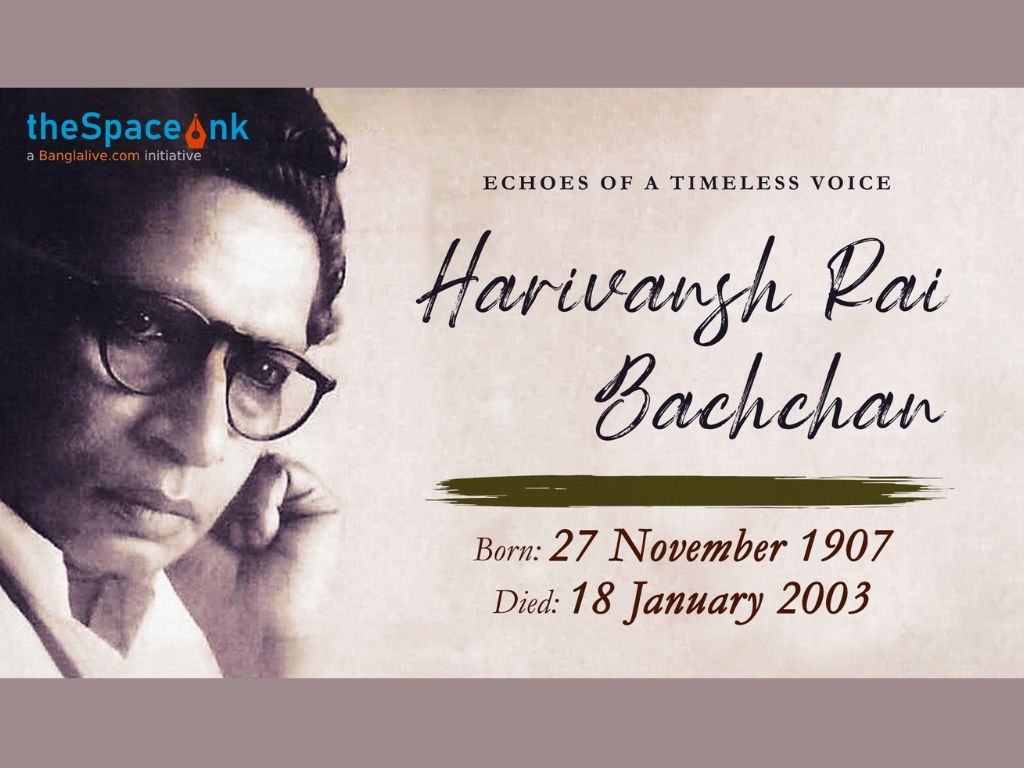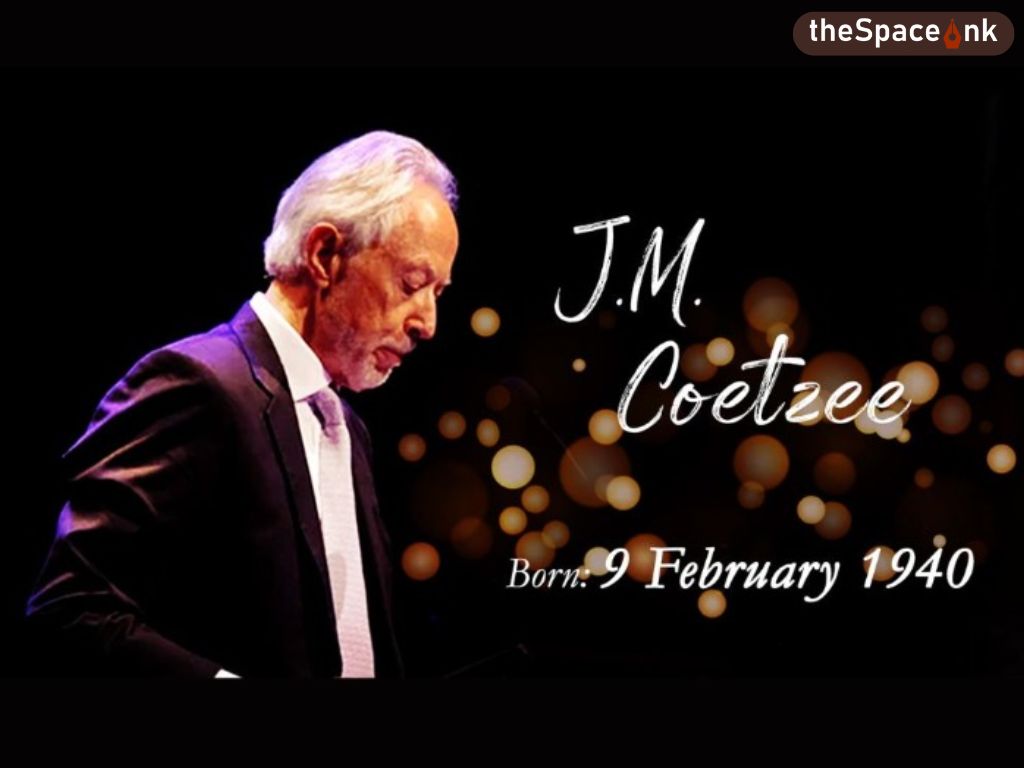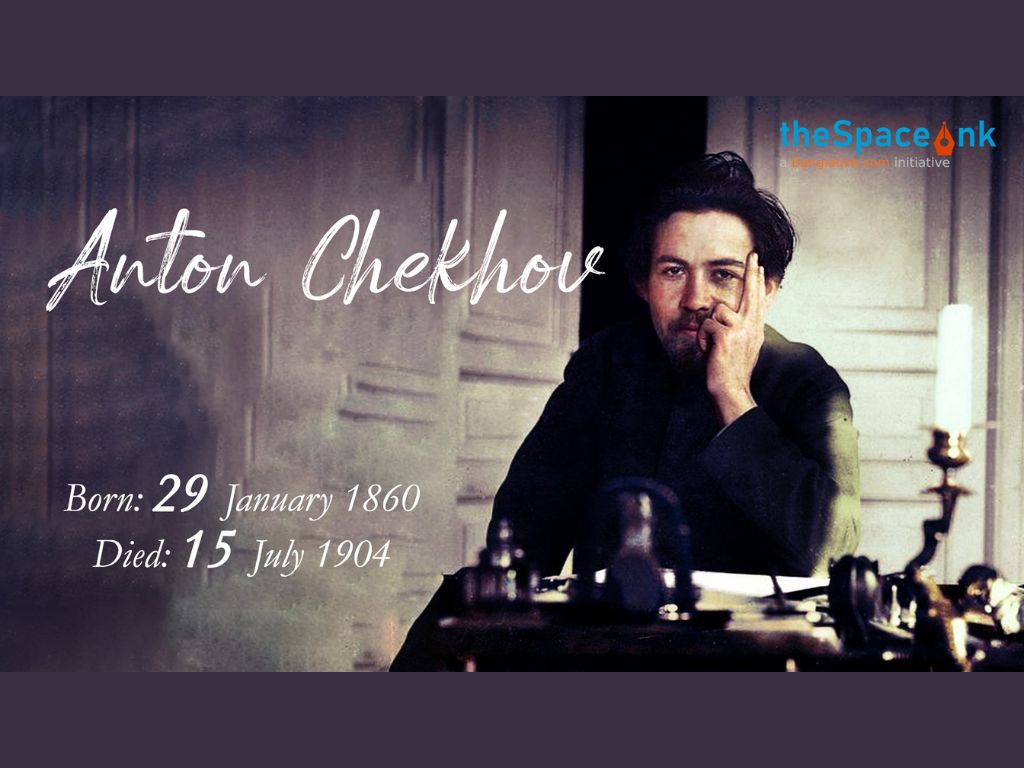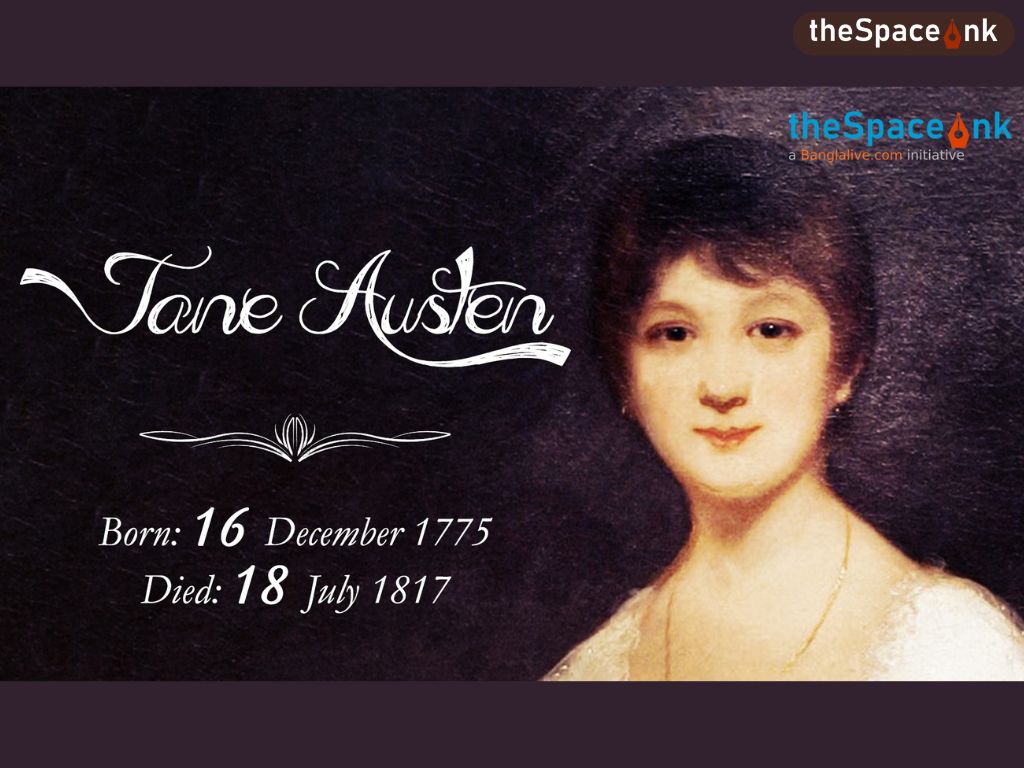(Harivansh Rai Bachchan)
Some voices never fade. Harivansh Rai Bachchan’s is one of them. It continues to echo across time — through verses that breathe emotion, courage, and an unflinching love for life. His poetry wasn’t just about words. It was about living fully — in sorrow, in joy, in silence.
“Madhushala” changed everything. In 1935, his collection Madhushala, or The Tavern, swept across India. It wasn’t just a poem — it was an experience. Through the imagery of wine and tavern, he spoke of the human soul’s thirst — for meaning, for connection, for truth. Every line danced between mysticism and philosophy, between despair and delight.
But Madhushala wasn’t about intoxication. It was about awareness. The madira — the wine — was life itself. The saaki — the server — was fate. And the pyaala, the cup, was the fragile self that must taste every moment, bitter or sweet, with acceptance. That was Bachchan’s message — to live deeply, not fearfully.
Harivansh Rai Bachchan was born in 1907, in Allahabad. A young boy with a restless mind and a heart full of curiosity. He grew up surrounded by change — India awakening to its freedom dream. English poets like Yeats and Shelley intrigued him as much as the songs of Kabir and Tulsidas. That blend — East and West, faith and freedom — shaped his voice forever.
Video: Dadasaheb Phalke: Birthday Tribute
Bachchan’s name itself tells a story. He was born Harivansh Rai Srivastava. But he chose to write as Bachchan — a word that means “child.” It carried innocence, simplicity, and humility. And in time, that name became larger than life — a symbol of strength spoken softly.
Harivansh Rai Bachchan was a scholar as much as a poet. After his education in India, he went to Cambridge University — the first Indian ever to earn a Ph.D. in English Literature there. His thesis was on W.B. Yeats, and Yeats himself guided and admired him. That experience deepened Bachchan’s belief — that poetry transcends borders, language, and time.
Life tested him deeply. His first wife, Shyama, passed away when they were both very young. Grief broke him — but only to rebuild him. From that darkness came some of his most moving poetry, where loss found beauty, and sorrow found wisdom.
His second marriage brought balance back. He married Teji Bachchan — a spirited woman who believed as fiercely in art as in love. Their partnership became a home for creativity. And from that home would emerge another star — their son, Amitabh Bachchan — carrying forward not only a name, but a legacy of words and ideals.
Video: Remembering Virginia Woolf’s A Room of One’s Own
Harivansh Rai Bachchan’s contribution to Hindi literature is immense. He wrote more than thirty volumes of poetry and several works in prose. Each poem, each book, explored the human condition — with honesty, simplicity, and emotional clarity. His four-part autobiography — Kya Bhooloon Kya Yaad Karoon, Need Ka Nirman Phir, Basere Se Door, and Dashdwaar Se Sopaan Tak — remains a landmark in Indian letters.
Harivansh Rai Bachchan was also a bridge between tradition and modernity. He respected classical forms, but spoke in the language of a new India — bold, democratic, searching. He gave voice to ordinary feelings in extraordinary words. His poetry belonged both to the scholar and the street singer.
Even after his retirement, he remained a poet at heart. He continued to write — letters, reflections, meditations on life and death. To him, poetry wasn’t a profession. It was a way of being — a quiet rebellion against chaos, a way to stay human.
His legacy continues to inspire. When Harivansh Rai Bachchan passed away in 2003, the pen fell silent — but the Madhushala kept pouring. Even today, his words remind us that life itself is a tavern — open to all, filled with laughter, longing, and light. We just need the courage to raise the cup.








